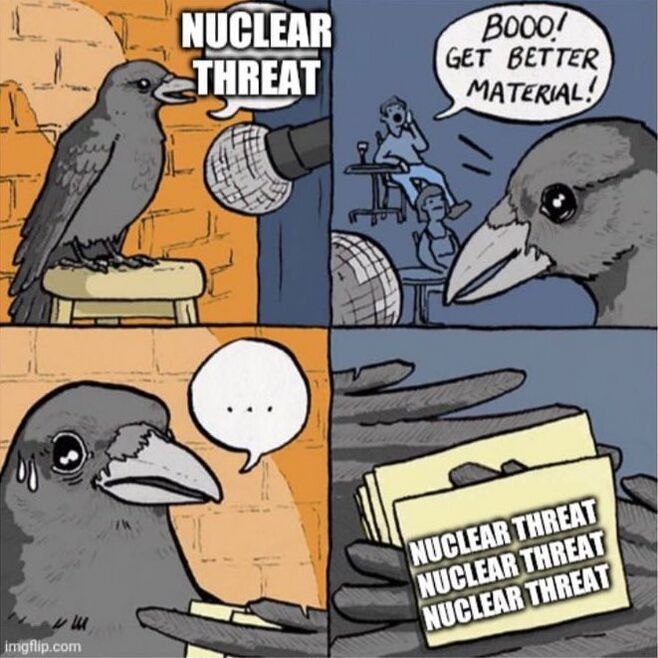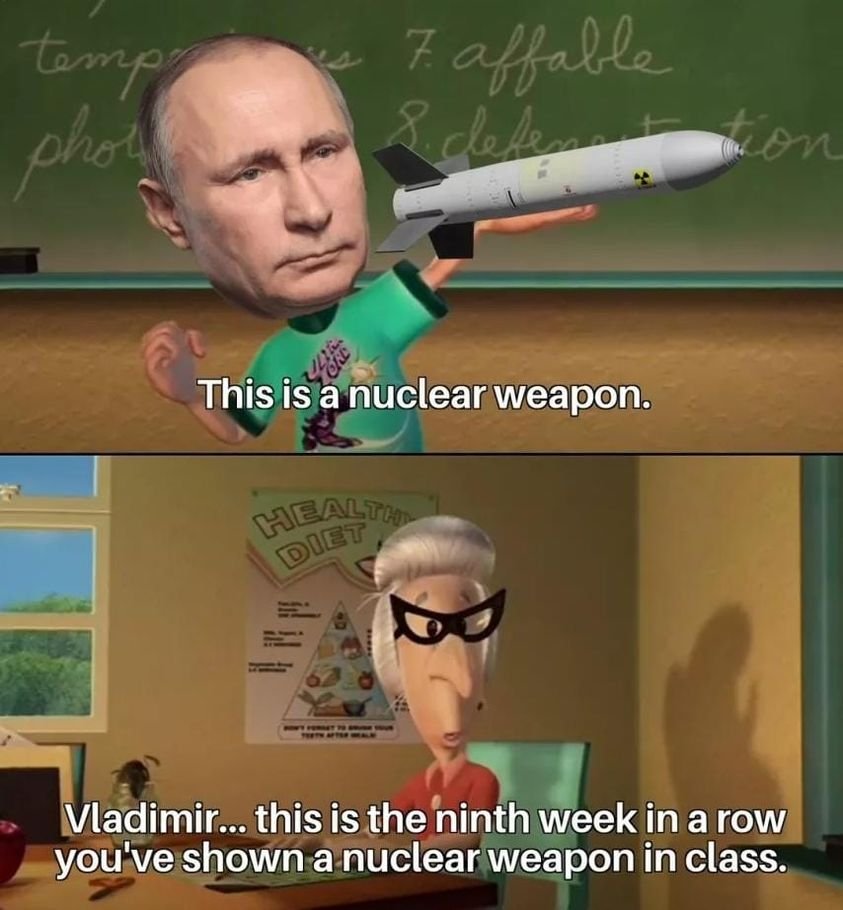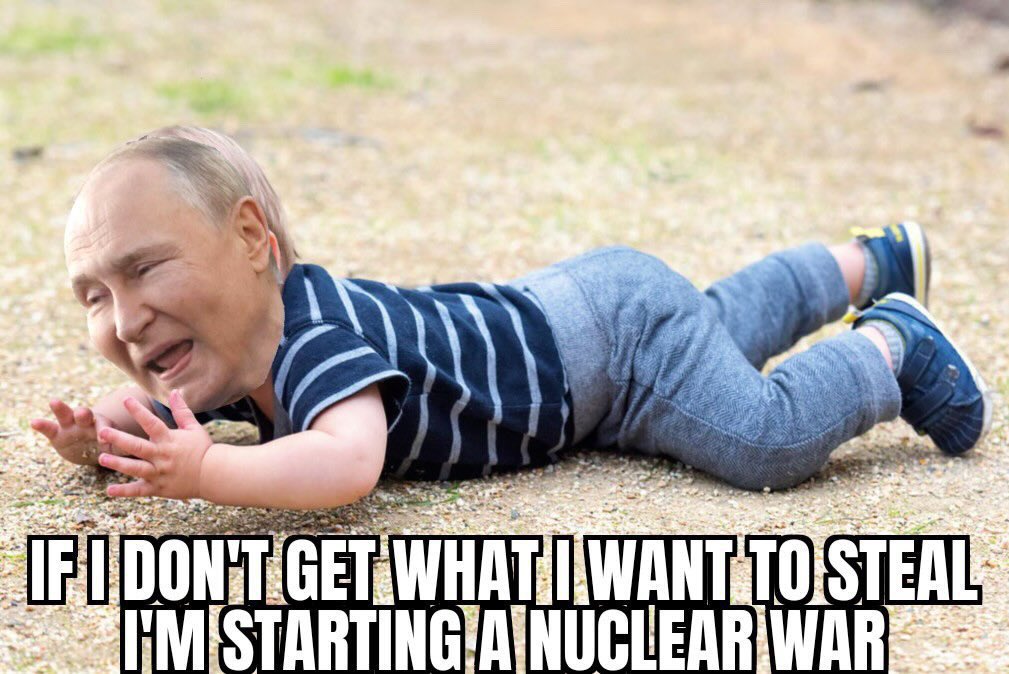In today's #vatnik soup I'll discuss how Russia and Putin influenced politics and attitudes in European countries since (at least) 2007 by investing into the energy, financing and the real estate sectors.
1/18
1/18

This analysis is based on Catherine Belton's "Putin's People" and Heather A. Conley's fantastic analysis from 2016 called "The Kremlin Playbook", and it partly explains why the West were so hesitant to act against Russia before Feb, 2022.
2/18
2/18
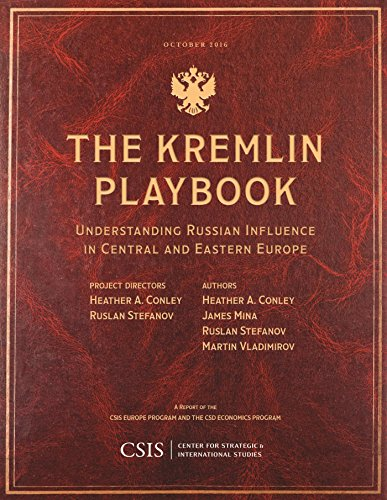
"Putin's Web" is a term coined by Belton. It refers to the interplay between intelligence services & economic services to exploit weaknesses in the system. It's a new version of USSR's "active measures", and they applied this tactic effectively in most European countries.
3/18
3/18
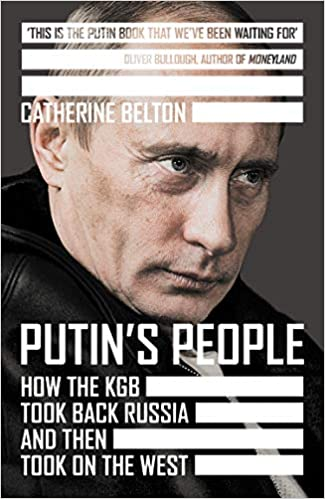
In the early 2000's, there were signs that Russia wanted to become closer with the Western world, but they just exported their kleptocratic system into the West instead.
In 2009, a group of Central and Eastern European politicians wrote an open letter to Barack Obama.
4/18
In 2009, a group of Central and Eastern European politicians wrote an open letter to Barack Obama.
4/18
In this letter, they spoke of a "Russian economic war" to change and influence countries attitudes. Russia's goal was to change political orientation via economic influence. The basic idea with this "economic war" was that when Russia made a large investment ...
5/18
5/18

... in a country, large state revenue was usually involved. This provided incentive for the politicians to support the projects,as some of the funds also benefited the country (or in case of corruption, the politicians).
6/18
6/18
After a while,the political influence became so large that it became a dependency.For example,in the early 2000s Hungary had little to no economic ties with Russia. But they became dependent on Russian energy,which also increased Russia's political influence in the country. 7/18 

After the politicians were corrupted with Russian money, the dependency grew again stronger. Russia didn't want to raise too many concerns, which is why they did most of the financing via offshore companies and front organizations.
8/18
8/18
Another good example is the Nord Stream project, in which Russians involved several prominent political figures, including Gerhard Schröder and Paavo Lipponen.
Besides energy, Russia invested in the financial sector and in real estate.
9/18
Besides energy, Russia invested in the financial sector and in real estate.
9/18

By controlling a bank, Russia could control where that bank invests in a country. Real estate business was used to hide funds and influence local politicians. London is one of the prime examples of Russia's real estate businesses in Europe, ...
10/18
10/18

... which is why it's sometimes referred as "Londongrad". Russians have invested over 27 billion pounds in Britain, and at least 1,5 billion pounds of that money have been invested into UK property by the Russians.
11/18
11/18

To handle all this incoming money, many dubious companies that managed money flow from Russia have emerged in the UK and in the Netherlands.
In Bulgaria the Russians were looking for anti-US/NATO politicians and funded their parties.
12/18
In Bulgaria the Russians were looking for anti-US/NATO politicians and funded their parties.
12/18
They also mobilized fake-NGO's and funded the media, making it more pro-Russian. By controlling the key politicians, media, energy and financing sector they had Bulgaria in a tight chokehold.
13/18
13/18

Because of this "economic war" so many European countries were screwed after Russia's invasion of Ukraine. They wanted to condemn their actions, but they also had to consider the dependency on Russian energy and/or money.
14/18
14/18
When looking at the EU countries and their support for Ukraine, these statistics are very much in line with Russia's influence operations. Of course there are outliers, such as Finland that was heavily dependent on Russia's natural gas.
15/18
15/18

One of the biggest losers in all this is Germany. Prioritizing the idea of Ostpolitik (the idea of "change through trade"), they wouldn't condemn Russia's actions after they invaded Crimea, but actually increased their energy imports and focused on the Nord Stream pipeline.
16/18
16/18

Their whole economic model is based on Russia's energy imports and goods exports to China, which is why this transition will be extremely painful for them.
But in a German way, they have been extremely effective in eliminating the use of Russian energy.
17/18
But in a German way, they have been extremely effective in eliminating the use of Russian energy.
17/18
Of course this economic war was just one aspect of Russia's influence operations in the West. As I have written before, they also invested huge sums into propaganda and espionage.
Russian info ops:
Prigozhin's IRA:
18/18
Russian info ops:
https://twitter.com/P_Kallioniemi/status/1600752100966662144
Prigozhin's IRA:
https://twitter.com/P_Kallioniemi/status/1590238211527217152
18/18
• • •
Missing some Tweet in this thread? You can try to
force a refresh



























